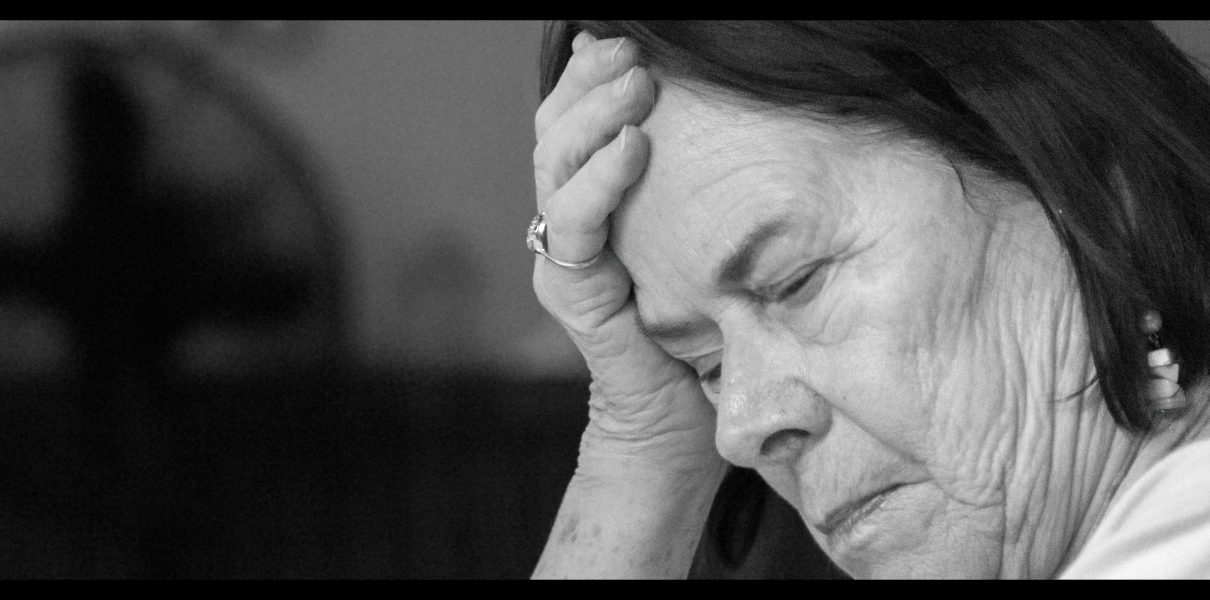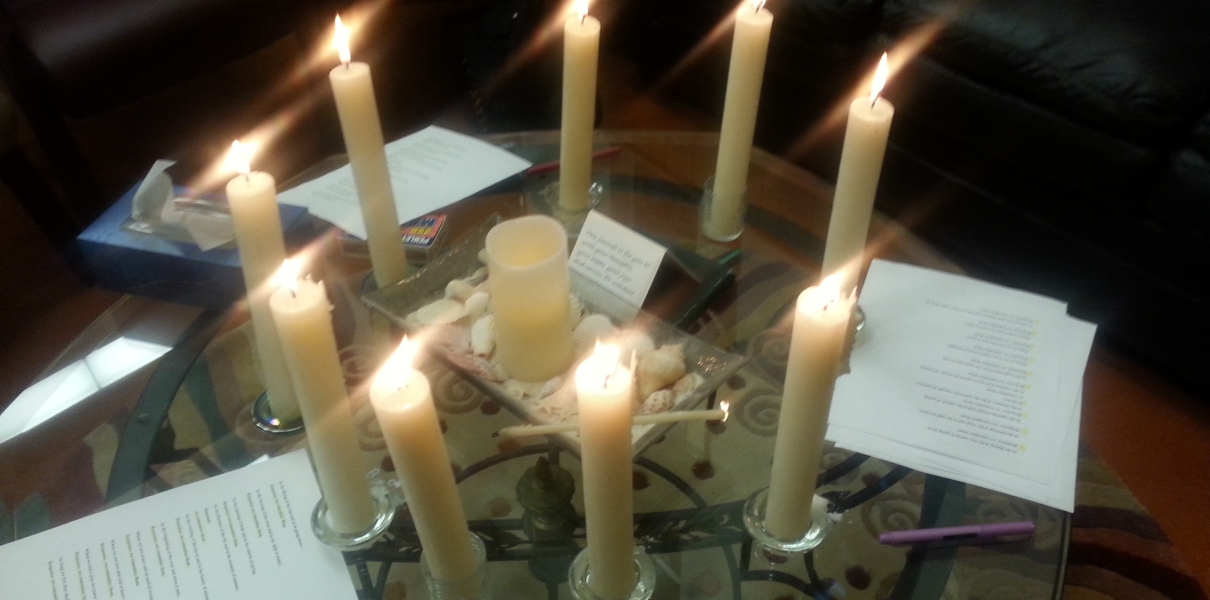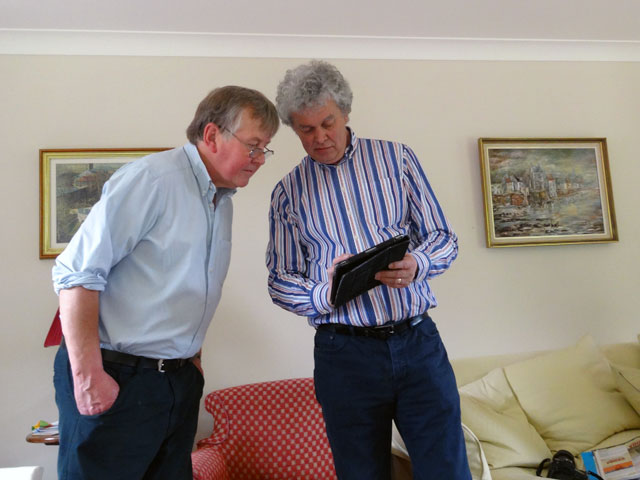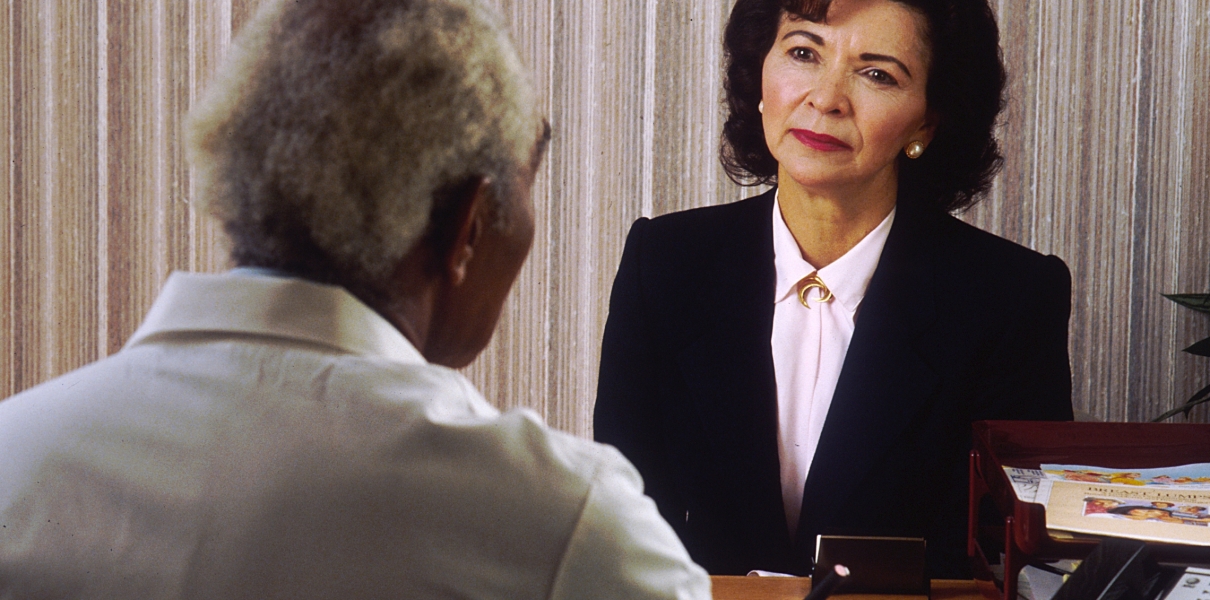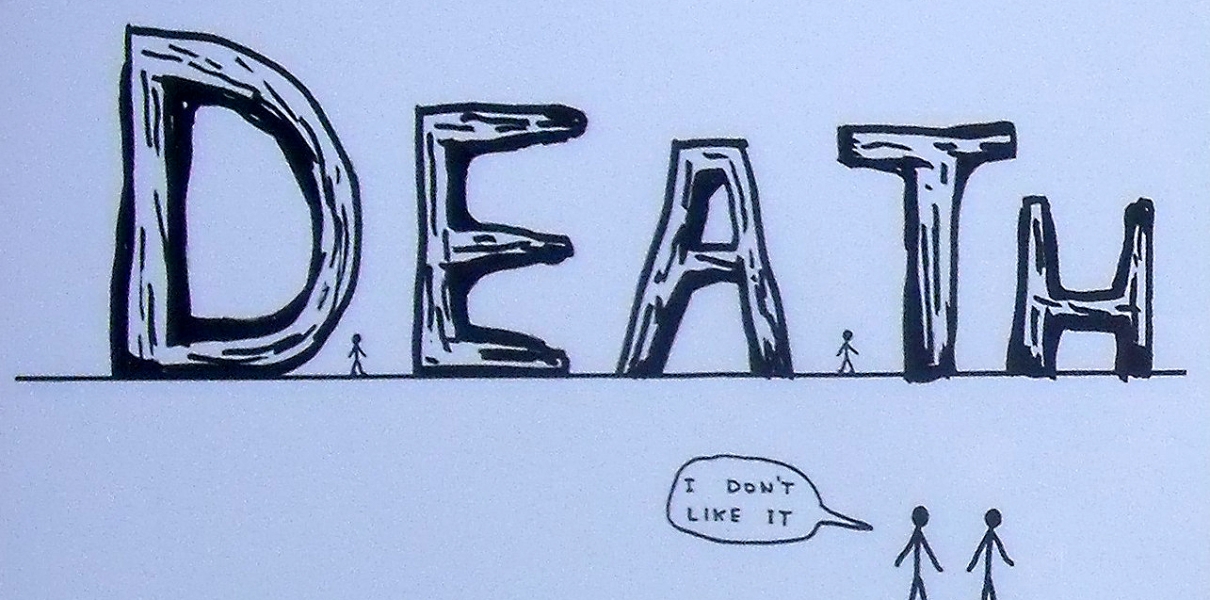While I am not a Buddhist, I find the Tibetan Buddhist teachings on death a source of great wisdom and potential liberation – particularly for those still under the influence of the death taboo in the west. Sogyal Rinpoche, author of The Tibetan Book of Living and Dying, has a particular skill in drawing out the universal messages of these teachings and making them understandable to the western mind without losing any of their authenticity, purity, and power. What follows is a summary of his teachings on death and impermanence.*
According to Sogyal Rinpoche, reflections on death and impermanence are the very cornerstone of all spiritual paths. Among Christian contemplatives, for example, is the expression ‘Memento mori’ – ‘remember that you will die.’ Buddhist teachings encourage awareness of the fact that we could die at any moment. This helps us to maintain awareness of the preciousness of life and encourages us to sort out our priorities.
From a Buddhist perspective, the root cause of all our suffering, is the fact that we do not take enough time through prayer and meditation to come to know ourselves – our true nature, our enlightened, ‘Buddha’ mind. Beyond our ordinary everyday mind is our true mind, which radiates the qualities of tremendous light or brilliance (wisdom) and great warmth (love and compassion). Sogyal Rinpoche uses the analogy of the sky to contrast this state of enlightenment to our everyday mind. Our daily thoughts, feelings, and actions are like temporary clouds that come and go in an endless sky that, like the enlightened mind, is beyond birth and death.
Coming to know our true nature requires overcoming our ordinary mind and moving past our ego. In our day-to-day lives, we become absorbed and distracted by our thoughts, feelings and activities. It is easy to allow our ignorance, negative emotions, and actions to obscure our true nature, much the same way that clouds block our awareness of the endless sky. We all have the potential to connect beyond our ordinary minds to our deeper state of profound wisdom, love, and compassion. It is this state of mind that is said to endure past death. If we do not come to glimpse our true nature in life, we will not be prepared to recognize it and enter into it at death.
This transformation of mind is not only essential preparation for death, but like cleaning the smudges off your eyeglass lenses, it allows us to see more clearly in life in such as way that our very perceptions transform and circumstances will appear differently. Whether or not we are able to see clearly, it is important to remember that even when our ordinary mind is cloudy, the sky-like nature of mind is still there. Weather is only on the surface. Deep in the sky-like nature of our minds it is pure.
In many western spiritual traditions, we use the expression ‘let go and let God.’ Similarly, the Buddhists teach that the essential path to personal transformation and freedom comes from learning to stop grasping after impermanence, for indeed, everything is in a constant state of change. The message of impermanence is that one of the main causes of suffering is grasping and attachment. Since what we grasp for is impermanent, grasping is an act of futility.
We have to learn to let go. We don’t have to change – simply change our minds and recognize that impermanence is the very nature and fabric of life itself. We associate impermanence with losing and death, but when we really understand it – it is the most secure thing. When we lose the clouds, we gain the sky. The most permanent thing is impermanence. When we realize that, we are made stronger spiritually.
Our fear of death, according to Sogyal Rinpoche, is the fear of life, of facing ourselves. Looking into death is actually facing ourselves because sooner or later we have to come to terms with ourselves. That is why we tend to think of death only when we are dying. However, to look at yourself and your life at death is too little too late where personal transformation is concerned. That is why Tibetan Buddhist teachings stress that we should always contemplate death and impermanence as a way of breaking through to our true nature.
Rainer Maria Rilke said that our deepest fears are like dragons guarding our deepest treasure. Our fear of the impermanence of life and all that we grasp after awakens in us an awareness that nothing of this world is real and nothing lasts. Milarepa, a revered Tibetan poet and sage, said it this way – ‘All worldly pursuits have but the one unavoidable end, which is sorrow: acquisitions end in dispersion; buildings in destruction; meetings in separation; births, in death. Knowing this, one should, from the very first, renounce acquisition and heaping up, and building, and meeting; and faithful to the commands of an eminent guru, set about realizing the Truth (which has no birth or death).’
We come to discover that this understanding about impermanence is really our greatest friend. It drives us to ask ‘if everything dies and changes, then what is really true? Is there something behind the appearances? Is there something boundless and infinitely spacious in which the dance of change and impermanence takes place? Is there something, in fact, we can depend on that does survive what we call death?’ When we allow these questions to occupy us urgently and reflect upon them, we slowly find ourselves making a profound shift in the way we view everything. With continued contemplation and practice in letting go, we come to uncover in ourselves something we cannot name or describe or conceptualize – something we come to realize lies behind all the changes and deaths of the world. Our myopic focus upon our desires, what we are grasping for, and that which we are trying to avoid, begins to dissolve and fall away. As this happens, we catch repeated and glowing glimpses of the vast implications behind the truth of impermanence.
Sogyal Rinpoche describes this transformation saying ‘it is as if all our lives we have been flying in an airplane through dark clouds and turbulence when suddenly the plane soars above these into the clear boundless skies. Inspired and exhilarated by this new dimension of freedom, we come to uncover a depth of peace, joy and confidence in ourselves that fills us with wonder and gradually breeds in us a certainty that there is in us something that nothing destroys, that nothing alters, and that cannot die.’ He further describes, ‘as the new awareness becomes vivid and almost unbroken, there occurs a personal and utterly non-conceptual revelation of what we are, why we are here, and how we should act which amounts in the end to nothing less than a new life, new birth – almost a resurrection . . . You discover something in yourself that does not die.’
He also speaks of death using the analogy of being on a train platform waiting for a train. We know that we must take that train but don’t know when it is coming. We have great anxiety because our bags are not packed. We do not prepare for death or live thoughtfully because we think we will live forever. We know we will die someday – but we prefer not to absorb that thought and to pretend instead that we have an unlimited lease on life.
We become lazy in how we live our lives. The particular kind of laziness in the west is an active one. We do everything and anything to avoid ourselves. We fill our lives with so many activities that there is not really a chance for the truth of ourselves to be revealed. There is no gap. Yet, we live with an abiding anxiety since we have not faced ourselves or our death. There is a deep anxiety and a deep fear because death represents our ultimate fear.
Learning to live in the immediacy of death helps us to sort out our priorities and to realize what is truly important in life. We learn that there is really not much time to waste. Death helps us to look into our life in a deeper way. We come to realize that only two things really matter when we die – how we have lived and the state of our mind. When we take care of those most important things, then we can relax. Milarepa said ‘my religion is not to be ashamed of myself when I die.’
An unenlightened mind sees death as defeat – a tragedy. These teachings show us it is really an extraordinary opportunity for transformation and personal liberation. When we die, it is only the end of one cycle finishing – the delusions of this life will end if we allow it. However, those who hold tight to their illusions don’t allow for their liberation to take place. Those who allow it not only surrender to the death of their bodies but they allow their ordinary mind to die with all its delusions as well. Milarepa described it this way: ‘In horror of death, I took to the mountains. Meditating again and again on the uncertainty of the hour of death, I captured the fortress of the deathless unending nature of mind. Now all fear of death is done and gone.’
Tibetan Buddhist teachings provide three pieces of advice for the moment of death which also serve practitioners well in how to live their lives: let go of all graspings, attachments, and aversions; keep your heart and mind pure; and unite your mind with the wisdom mind of the buddhas. Those practicing these techniques in life who are really able to let go inside themselves, find they are able to cope better with outer stress and are less bothered or worried by what transpires in their life. When we stabilize and integrate this view as part of our being through meditation and through action then we can meet death fearlessly. By practicing getting into the high ground of our consciousness during life through meditation and contemplation, we prepare ourselves for the moment of death.
There is also advice given for those who are helping the dying. Essentially, we are called upon to simply be there maintaining a consciousness of unconditional loving – free of attachments. Love is not expressed by grasping after the life of the dying. This kind of attachment, Sogyal Rinpoche teaches, is actually what spoils love. To truly realize love for one another, we have to let go. When a loved one is dying, we can best serve them by giving them our permission and blessing to die and by surrounding them with our love and encouragement.
*This article is based on the teachings of Sogyal Rinpoche presented in The Tibetan Book of Living and Dying and the following four lectures: Transcending All Fear of Death; The Essence of The Tibetan Book of Living and Dying (parts one and two); and Reflecting on Death.



